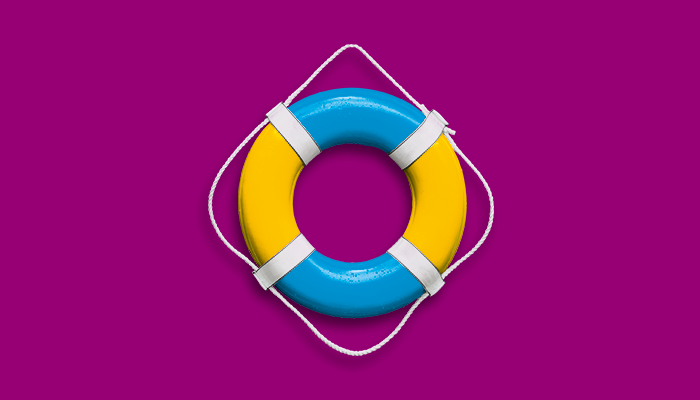Does it take two to invest?

Many first-time investors want to know whether they should go it alone or talk to an investment adviser. There’s no right or wrong answer, but knowing the facts can help you decide.
What you will learn
- The pros and cons of working with an investment adviser and doing it yourself
- How to decide which approach is best for you
- What to bear in mind when using an adviser
Not sure where to start with investing? If you’re clear on your life goals, and know which investments will help you achieve them, you may want to manage the process yourself.
If not, speaking to an expert is a great place to begin (You can also find out how to set your investment goals here).
Want to know more about who you’re talking to? You can get useful information about firms and people offering investment advice from The Financial Services Register, and bodies such as The Investment Association and the Chartered Institute for Securities and Investment..
Asking an expert
Even if you’ve invested before, you may not have the time to research the market. You may also not have all the knowledge and experience you need to understand your options.
The biggest advantage of talking to a professional adviser – other than they’re an expert – is that they’re not you. That means they can be objective when suggesting investments that could help you achieve your life goals.
After all, there are a lot of ways our minds play tricks on us, and that can influence how we make investment decisions. (Recency bias is a famous example – you can read more about it here).
Of course, expert advice isn’t free. You may find that your investment isn’t big enough to justify adviser fees. But, remember, even if you’re making your own investment decisions, fees and charges will still apply. You can read more about investment costs here.
Going solo
If you’re confident about your investment knowledge, you might not feel the need to spend money on advice – especially if you’re investing smaller amounts.
Making your own investment decisions means you’ll save on fees and, for some, it is an enjoyable challenge. But there are risks too.
If you lack a wide range of experience, you might not be prepared for some of the outcomes of your investment decisions. For example, you might not know how to manage a fall in the markets or how to add diversity to your portfolio.
How to decide
It all starts by being honest with yourself:
- Do you have the right level of knowledge?
- Do you have the research skills?
- Do you have time to spend on managing your investments?
Regardless of which option you choose, a good first step for anyone new to investing is to do your homework so you can ask the right questions. Discover if you’re ready to invest here.
Risk notice
Any information provided should not be considered personal advice. Past performance is not a guide to future performance. You may not get back the full amount you invest. If you have any doubts about making your own investment decisions, seek financial advice.






















